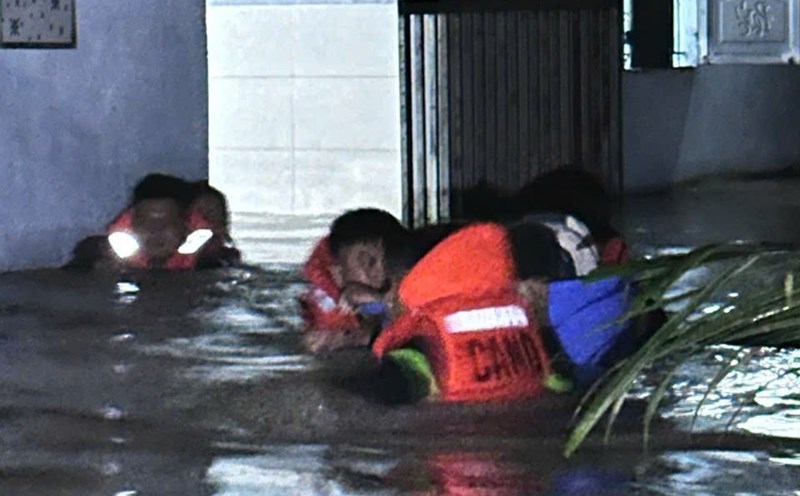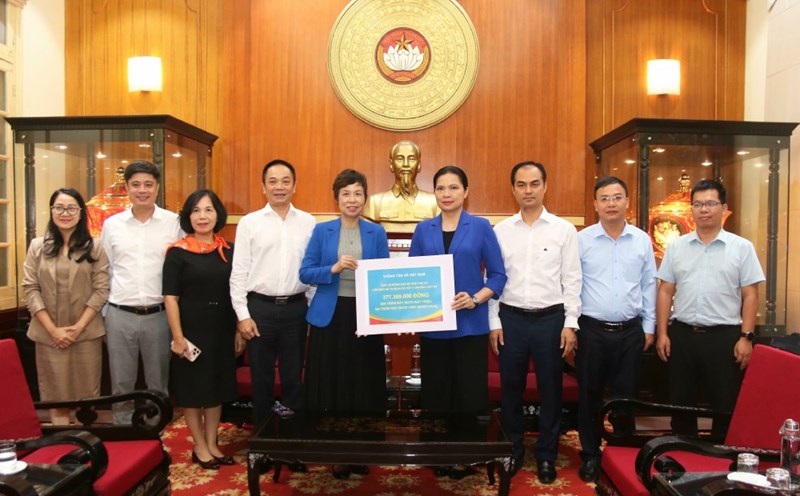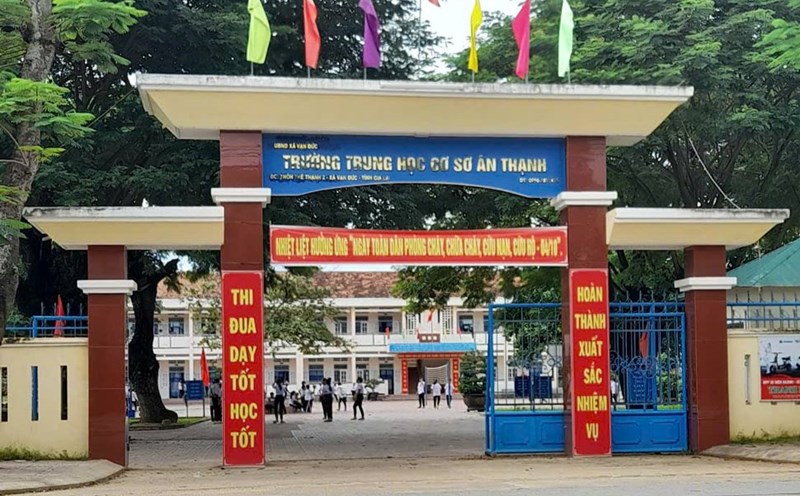From disc herniation to serious complications
The male patient was transferred to the Dermatology - burns Department, Bach Mai Hospital in pain, high fever, difficulty moving, red swelling, and visceral hardities at the transplantation site only to treat herniated discs of the lumbar spine and cervical spine.
According to the patient, he had a history of lumbar spine disc herniation, cervical spine and wrist tunnel syndrome, and had been treated in many places but did not improve. Recently, hearing an acquaintance introduce him, he went to a private room near his house to acupressure, acupressure, burn cloves and Implants - the method of placing catgut in the acupressure to stimulate the prolonged acupressure effect.
After only one day, the patient's back appeared red and swollen. When asked by a cardiologist, he was reassured that it was a normal reaction of the body. However, the condition became increasingly severe, painful, and difficult to move. At the provincial hospital, he was diagnosed with both sides of the buttocks abscess, and monitored for sepsis. Due to underlying diseases such as high blood pressure, diabetes and blood clotting disorder, the patient was transferred to Bach Mai Hospital.
Dr. Duong Thi Hang, Deputy Head of the Dermatology - burns Department, Bach Mai Hospital, was the one who directly examined the patient. When admitted to the hospital, he had a high fever, rapid heart rate, severe pain and red swelling spreading to both buttocks, firmly imprinted. Test results showed that the patient had cellulitis and sepsis, requiring intensive treatment.
Can't do it all
According to experts, transplantation is just a traditional medicine procedure, but requires doctors to be well-trained and performed under absolutely infertile conditions. When only put in the district, if the technique is incorrect or the environment is not guaranteed, the body can react strongly, leading to inflammation, abscesses or sepsis, threatening the patient's life.
In particular, people with chronic diseases such as diabetes, cardiovascular disease, and immunodeficiency are more likely to experience serious complications if they self-treat at unlicensed facilities.
Dr. Duong Thi Hang recommends that people need to be cautious when choosing a medical examination and treatment facility, and should only treat at licensed hospitals or clinics with doctors and nurses who are certified to practice.
In addition, people with underlying diseases need to consult a doctor for internal medicine before applying any intervention method.
The case of a 61-year-old patient is a warning for those who seek natural treatment but ignore safety factors and professional standards.











